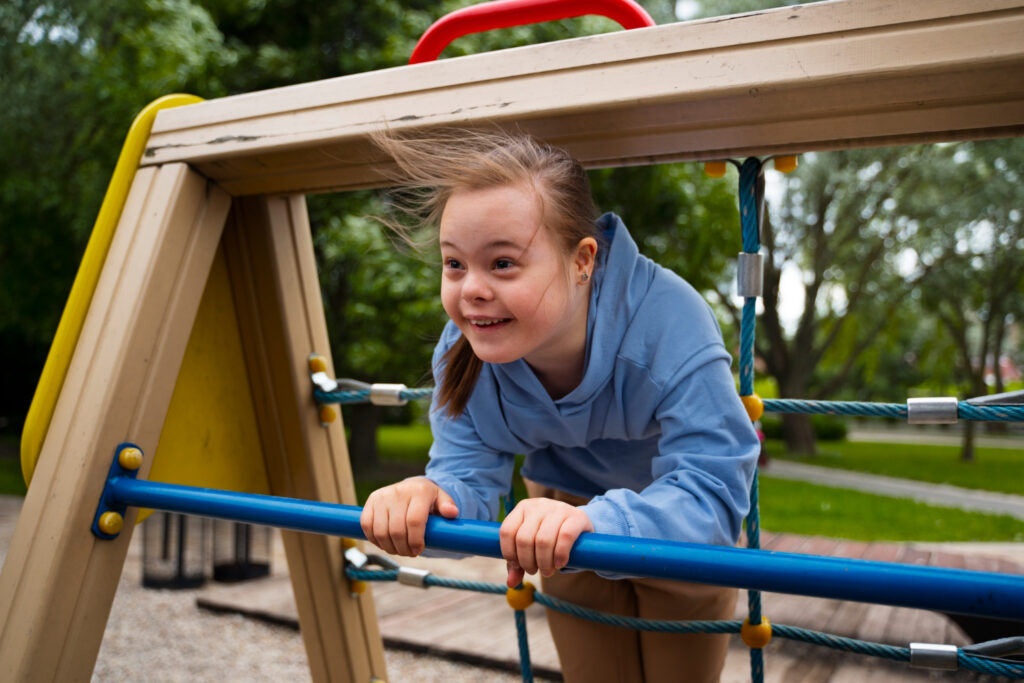There is growing awareness of the need to ensure that all children, regardless of special abilities, have access to equal opportunities in the vibrant fabric of our cities. This is especially true for children with autism, who may face special challenges navigating urban environments. This article explores the importance of creating equal opportunities for children with autism in the city and discusses practical strategies to promote inclusion.
Understanding the Challenges
Children with autism often have sensory sensitivities. The design and implementation of sensory spaces in parks, recreational areas, and public buildings can make these spaces more accessible and enjoyable.
- Ensure educational institutions are equipped to meet the diverse needs of children with autism. This includes providing adequate support staff, sensor-friendly classrooms, and implementing inclusive education practices.
- Improving public transportation accessibility for families with children with autism. This could include training transport staff to understand and support people with autism and creating sensor-friendly spaces on public transport.
Strategies for Inclusive Opportunities
- Launch a community awareness program to educate the public about autism and promote understanding and acceptance. This can contribute to a more supportive and inclusive environment for children with autism and their families.
- Develop and promote comprehensive recreational programs that meet the diverse needs and interests of children with autism. This could include sports, arts and crafts, or social clubs with a focus on inclusivity and support.
- Promote collaboration between city authorities and schools to create a seamless support system for children with autism. This may include shared initiatives, shared resources, and regular communication to address the unique challenges of these children.
- Ensure that health services are easily accessible and responsive to the needs of children with autism. This includes training health professionals to provide autism-friendly care and creating sensory-friendly waiting rooms.
- Remember that parents of children with autism may face unique challenges in their profession. Introducing flexible labor policies and promoting inclusive employment practices will enable parents to actively participate in the labor market.
Support Groups and Networks
- Establish support groups and networks for families with children with autism. These platforms provide a space to share experiences, resources and advice, creating a supportive community within the city.
- A comprehensive city-wide initiative that addresses the needs of all residents, including those with autism. This could include urban planning that considers the sensory needs of all people and fosters their participation in public space.
Conclusion
Creating equal opportunities for autistic children in the city is not just a matter of accommodation. It’s about cultivating a community that values diversity and actively promotes inclusion. By understanding the unique challenges faced by children with autism and implementing practical strategies at the local level, we are empowering all children, regardless of their unique abilities, to grow and learn.



